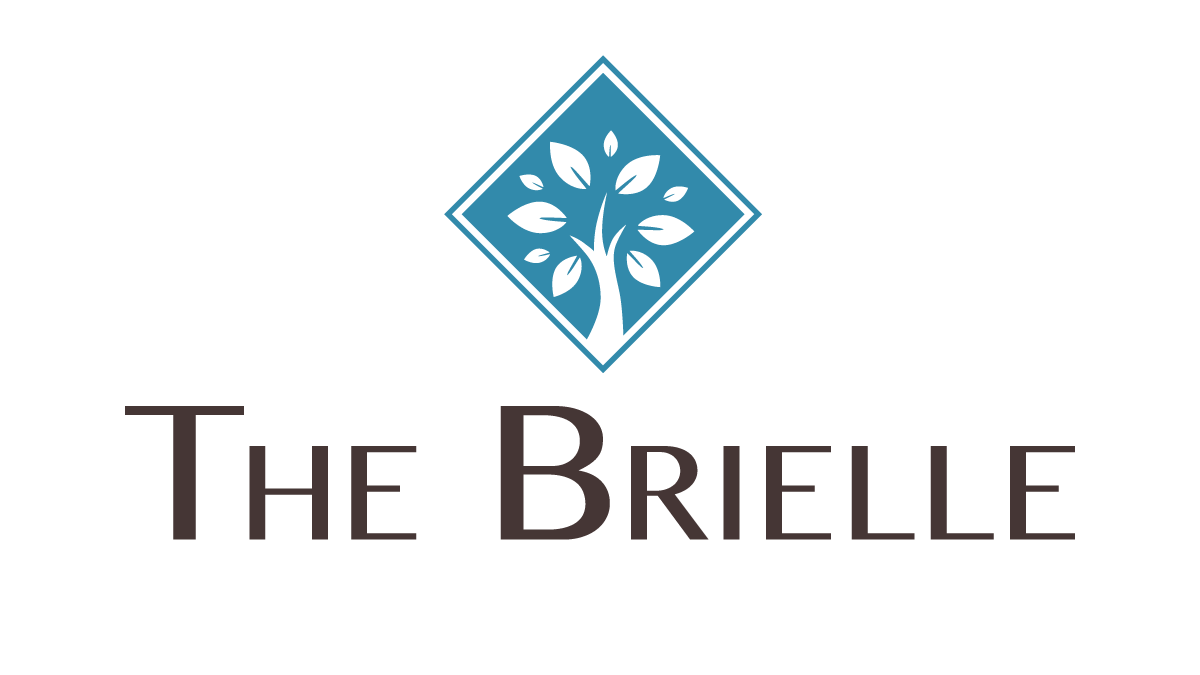
When to Consider Assisted Living at The Brielle: 10 Signs to Watch For, and Why Planning Ahead Makes All the Difference
October 23, 2025 | Blog
Deciding when to move a loved one to assisted living isn’t easy. For many, staying at home feels like the safest choice simply because it’s familiar.
But over time, daily needs, safety concerns, or increasing isolation may outweigh the comfort of routine. Recognizing the right moment to seek additional support can help ensure your loved one’s well-being and your peace of mind.
At The Brielle, assisted living is designed to provide the right balance of independence and support. Surrounded by the 75-acre Staten Island Greenbelt in New York, residents enjoy the tranquility of nature while receiving personalized assistance that helps them thrive.
Here are ten signs it might be time to consider a move:
1. Trouble Managing Everyday Tasks
If the daily tasks of bathing, dressing, meal preparation, or housework are becoming more difficult, assisted living can provide the helping hand needed—without taking away independence. Our residents receive just the right amount of support so they can focus on enjoying life.
2. Concerns About Safety or Falls
Falls are one of the greatest health risks for older adults. Assisted living communities like ours are built with safety features such as grab bars, emergency call systems, and round-the-clock staff to reduce risks and provide peace of mind.
3. Memory Lapses or Confusion
Misplacing items, missing appointments, or becoming disoriented may signal cognitive decline. Assisted living provides structure and daily routines, along with staff who are trained to support these changes compassionately.
4. Missed Medications and Appointments
Taking medication correctly can be critical for health. If your loved one struggles with keeping track of prescriptions or medical visits, our team can ensure medications are taken on time and coordinate care with providers.
5. Withdrawing from Friends and Activities
Isolation is more common than people realize and can negatively affect health. Our residents enjoy a robust calendar of programs—from art classes to exercise sessions to social gatherings—that provide opportunities for all to stay connected and engaged.
6. Weight Loss or Poor Nutrition
Cooking balanced meals may become difficult, leading to skipped meals or unhealthy eating habits. At The Brielle, residents enjoy chef-prepared, nutritious meals every day, with options tailored to individual dietary needs.
7. Neglected Finances or Household Duties
Unpaid bills, piles of clutter, or an unkempt home may signal that managing responsibilities is becoming too much. In assisted living, these stressors are lifted so residents can enjoy more freedom and less worry.
8. Strain on the Caregiver
Caring for a loved one full-time can lead to exhaustion, stress, and even declining health for the caregiver. Assisted living provides professional, compassionate support so family members can focus on their relationship rather than day-to-day caregiving tasks.
9. Frequent Hospital Visits
If chronic conditions or accidents are leading to repeated ER trips, it may be a sign that more consistent oversight is needed. Our wellness programs and 24/7 assistance help reduce health crises before they escalate.
10. Loss of Motivation or Joy
If your loved one no longer finds interest in hobbies, social events, or daily routines, assisted living can reintroduce purpose and fulfillment. Residents are encouraged to stay active, explore new interests, and enjoy meaningful experiences every day.
Why Social Connection Matters
Research shows that loneliness isn’t just emotional—it can affect physical health too. Assisted living provides daily opportunities to connect, whether it’s through group activities, shared meals, or simply enjoying the peaceful walking trails around The Brielle’s campus.
Supporting for Caregivers
For spouses, partners, and adult children, caregiving can be both rewarding and overwhelming. Our person-centered approach means families can breathe easier, knowing their loved one is cared for in a safe, supportive environment.
It’s Okay to Feel Uncertain
Transitioning to assisted living is emotional—for both seniors and their families. While it may feel like a loss of independence, it’s actually a choice that prioritizes health, safety, and quality of life. Starting the conversation early allows families to plan thoughtfully and explore the best options together.
See What Life at The Brielle Could Look Like
If you’re wondering whether assisted living might be the right next step, we invite you to visit our beautiful Staten Island community, meet our care team, and see how support and independence can go hand in hand. Contact us today to get started!

